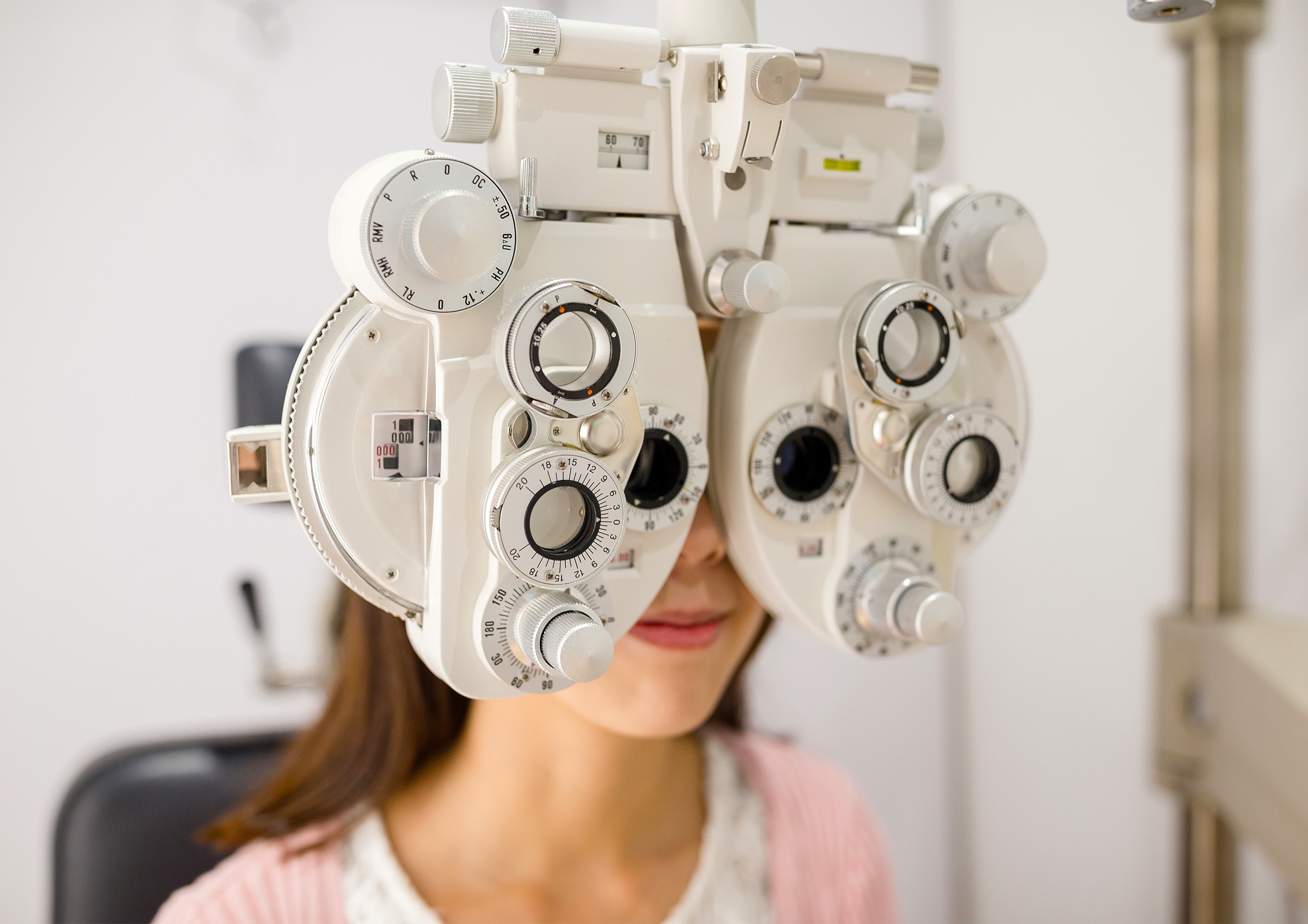A Comprehensive Guide to Eye Surgery Treatments Available at Your Eye Doctor's Technique
In the realm of ophthalmology, the innovations in eye surgical procedure therapies have actually opened a globe of opportunities for those looking for enhanced vision and eye health and wellness. From the well-known LASIK eye surgery to the less acquainted Corneal Transplants, the range of treatments readily available at your eye doctor's practice can deal with a variety of vision-related issues. Recognizing the nuances of each treatment option and how they can possibly change your vision requires a closer consider the end results and ins and outs connected with these treatments. Let's check out the diverse landscape of eye surgical treatment therapies that can potentially enhance your visual skill and lifestyle.
LASIK Eye Surgical Treatment
When taking into consideration vision correction procedures, LASIK eye surgical treatment emerges as a popular option for people looking for long-lasting enhancement in their eyesight. LASIK, which represents Laser-Assisted sitting Keratomileusis, is a prominent refractive surgical procedure that aims to deal with common vision problems such as nearsightedness, astigmatism, and farsightedness. This procedure entails utilizing a laser to reshape the cornea, enabling light to be appropriately concentrated onto the retina, resulting in clearer vision without the demand for glasses or get in touch with lenses.
One of the crucial advantages of LASIK eye surgery is its relatively painless and quick nature. The procedure itself commonly takes just around 15 mins per eye, with a lot of patients experiencing boosted vision almost right away. Furthermore, the healing time for LASIK is relatively short, with many people able to return to their normal tasks within a day or two.

PRK (Photorefractive Keratectomy)
FIRST SENTENCE:
An additional advanced vision modification treatment similar to LASIK is PRK (Photorefractive Keratectomy), providing reliable services for people seeking alternatives to typical glasses or get in touch with lenses. PRK is an operation that improves the cornea making use of an excimer laser to fix refractive errors such as myopia (nearsightedness), hyperopia (farsightedness), and astigmatism. Unlike LASIK, PRK does not include creating a flap on the cornea; rather, the external layer of the cornea is gently gotten rid of prior to the laser therapy. This makes PRK an appropriate choice for individuals with slim corneas or those entailed in activities where the risk of eye injury is higher.
The recovery duration for PRK is longer compared to LASIK, as the outer layer of the cornea needs time to restore. Clients may experience pain and fuzzy vision during the preliminary healing phase, however vision slowly enhances over several weeks. Your optometrist will certainly provide detailed post-operative care instructions to make certain a smooth recuperation process and optimal visual results.
Cataract Surgery
Cataract surgical treatment, a common procedure performed by eye doctors, involves eliminating the gloomy lens within the eye and replacing it with a clear fabricated lens dental implant to restore vision quality. Cataracts take place when the natural lens of the eye ends up being over cast, leading to blurred vision and difficulty seeing clearly. During cataract surgery, the ophthalmologist makes a small incision in the eye and utilizes ultrasound technology to separate the cloudy lens, which is then delicately sucked out. Once the cataract is removed, the synthetic lens, called an intraocular lens (IOL), is placed to replace the all-natural lens's function. This IOL aids to concentrate light onto the retina, boosting vision. Cataract surgical procedure is generally performed on an outpatient basis and is understood for its high success price in boosting vision and lifestyle for clients. It is essential to consult with your eye physician to determine if cataract surgical treatment is the right choice for you based on your specific eye health and wellness requirements.
Corneal Transplants
Corneal transplants, also referred to as corneal grafts, are surgeries that include replacing damaged or infected corneal cells with healthy contributor tissue to enhance vision and minimize corneal problems. This treatment is normally advised for people with corneal scarring, thinning, or various other corneal diseases that can not be dealt with effectively with various other techniques such as medication or contact lenses.
Throughout a corneal transplant, the view it ophthalmologist eliminates the central portion of the damaged cornea and changes it with a contributor cornea. This contributor cells is meticulously selected, checked, and stored to ensure compatibility and minimize the danger of denial. Corneal transplants can restore vision, decrease discomfort or pain, and improve the appearance of the eye.
There are various kinds of corneal transplants, including full-thickness transplants (permeating keratoplasty) and partial-thickness transplants (such as endothelial keratoplasty or former lamellar keratoplasty), with the selection depending on the certain problem being treated. After the surgical procedure, patients require close post-operative like keep an eye on recovery and prevent problems.
Retinal Detachment Surgical Procedure
Following successful corneal transplants, one more essential eye surgical treatment treatment that may be required for specific people is retinal detachment surgery, a delicate operation aimed at bring back the retina's correct placement to maintain vision and protect against more complications (eye center of northwest florida). Retinal detachment takes place when the retina, the slim layer of cells at the back of the eye accountable for catching light and sending visual signals to the look at this website brain, retreats from its normal position. This separation can result in vision loss otherwise immediately addressed through surgical procedure
Throughout retinal detachment surgical procedure, the eye doctor functions to reattach the retina to the rear of the eye. There are different surgical techniques available, consisting of pneumatically-driven retinopexy, scleral fastening, and vitrectomy, with the choice depending on the severity and specific characteristics of the detachment. If possible, the goal of the surgical procedure is to stop vision loss and bring back or improve vision. After the procedure, patients might require to comply with a post-operative treatment strategy to optimize recovery and visual outcomes. Early discovery and treatment of retinal detachment are important in preserving vision and preventing irreversible look at this web-site vision disability.
Conclusion

In the world of ophthalmology, the improvements in eye surgery therapies have opened up a globe of opportunities for those seeking enhanced vision and eye health and wellness. From the commonly well-known LASIK eye surgical treatment to the much less familiar Corneal Transplants, the array of treatments available at your eye medical professional's practice can attend to a range of vision-related concerns. It is necessary to consult with your eye physician to identify if cataract surgical procedure is the right choice for you based on your specific eye health requirements.
Following successful corneal transplants, an additional vital eye surgery treatment that might be necessary for specific people is retinal detachment surgery, a fragile procedure aimed at bring back the retina's correct position to protect vision and protect against additional issues.In conclusion, there are numerous eye surgical treatment therapies available at your eye doctor's method, consisting of LASIK, PRK, cataract surgical procedure, corneal transplants, and retinal detachment surgery.